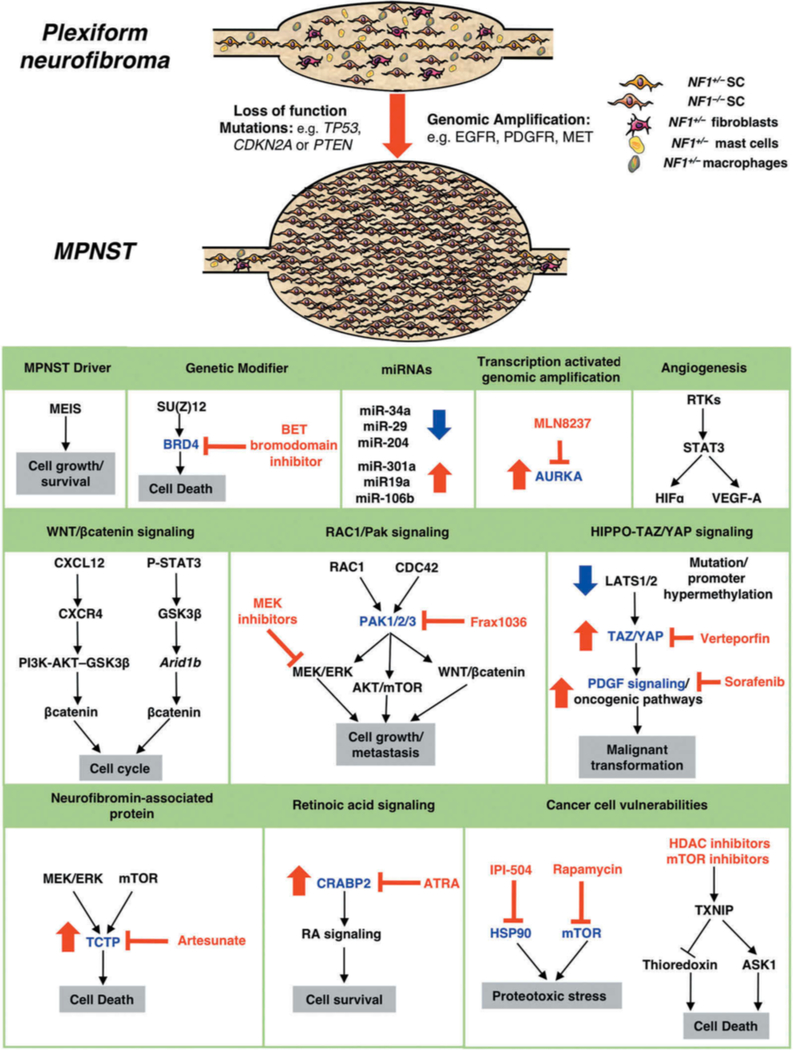Figure 4. Progression of plexiform neurofibromas to malignant peripheral nerve sheath tumors.
MPNSTs are highly invasive soft tissue sarcomas that frequently metastasize and arise from benign PNFs harboring biallelic NF1 inactivation. Additional genetic changes leading to the transition from PNFs to MPNSTs include loss-of-function mutations in tumor suppressors such as TP53, CDKN2A and PTEN, or genomic amplification of RTKs or signaling factors. NF1−/− SCs consequently have dramatically increased proliferation rates compared to those in benign PNFs. Potential therapeutic targets for MPNSTs are highlighted. Target proteins implicated in the malignant progression of MPNSTs are shown in blue (p21-activated kinases (PAK1/2/3), bromodomain-containing protein 4 (BRD4), Cellular Retinoic Acid Binding Protein 2 (CRABP2), heat shock protein 90 (HSP90), mTOR, Translationally controlled tumor protein (TCTP) and Aurora kinase A (AURKA)) and small molecule inhibitors (BET bromodomain inhibitors, FRAX1036, IPI-504, rapamycin, HDAC inhibitors, artesunate, MLN8237, all-trans retinoic acid (ATRA)) in red. Increase in level of protein/miRNA in MPNSTs is denoted by red arrow, blue arrow denotes decrease.

